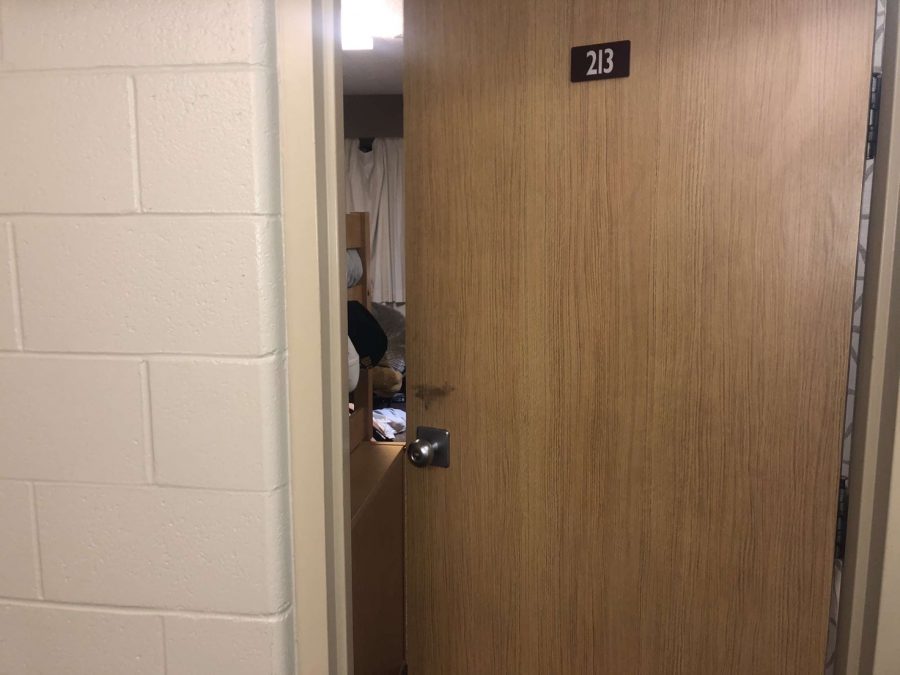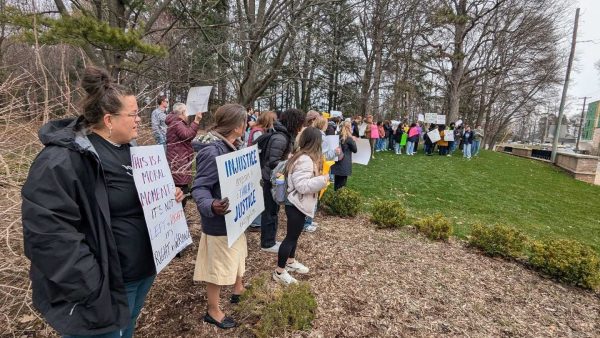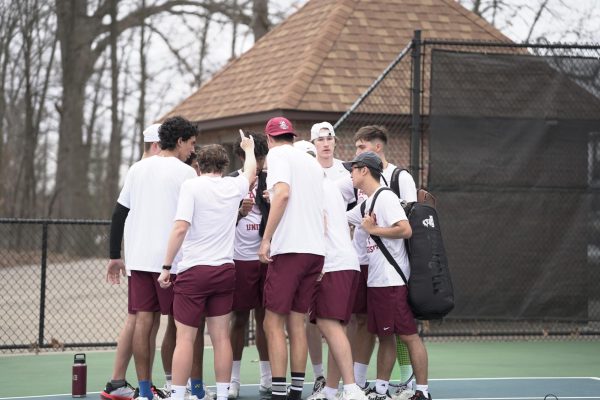Calvin locks, but what do Wheaton and Hope do?
Open house policies vary widely across Christian schools.
Open house policies at colleges and universities across America, specifically Christian colleges, have been long standing traditions. Although some schools have abandoned the restrictions, there are many institutions that still enforce them.
In the Midwest, Calvin University, Hope College and Wheaton College, are three Christian schools whose policies still exist but with significant differences.
Relative to Calvin and Wheaton, Hope’s policy takes a more liberal approach. Open hours are available every weekday from 8 a.m. to midnight and are extended until 2 a.m. on weekends, according to Hope’s website. They also don’t require the door to be left ajar. Hope senior Caleb Wortz said, “I like the lack [of] policies. I think that we should be treated like adults so ideally there would be no rules on visiting hours but the rules we have are pretty nice.”
Calvin’s open hours are more restrictive than Hope’s. Students are allowed open hours from 4-10 p.m. Monday through Thursday nights, noon to 1a.m. Friday and Saturday, and noon to 10 p.m. on Sundays. These hours are an increase from last year’s policy, which included days with no open house hours, but still requires the door to be propped often by the deadbolt lock, which has been dubbed the “Calvin-lock.”
“As an RA, [the extended hours] don’t necessarily make our job harder because we are on-in every single day doing rounds. So, in terms of doing our job, it’s not an inconvenience,” said Abby Leon, a Resident Assistant at Calvin. “It also allows more opportunities for things, like violation of open house hours, to happen which makes us more alert.”
Wheaton College students gain more freedom as they progress through their years. Freshman are allowed open hours 7-11 p.m. two nights per week, while upperclassmen are rewarded more freedom by allowing opposite genders to visit every day until 2 a.m.. Wheaton also has an open-door policy that dictates doors must be open at least 45 degrees. Wheaton junior Deborah Smith said, “I understand the concept, but as a freshman and sophomore it felt restrictive and almost made making normal friendships with the opposite gender harder.”
John Witte, Calvin’s dean of students, explained the reasoning behind Calvin’s policies, saying, “I’m sure there are many who would scoff at this notion — that limiting freedom in one area would lead to certain behaviors (or avoid certain behaviors). But the idea of living within constraints is part of life too.” He went on to say that having this policy is also appropriate when considering things like healthy living, laws about consent, and the prevalence of sexual assault that occurs on college campuses.









